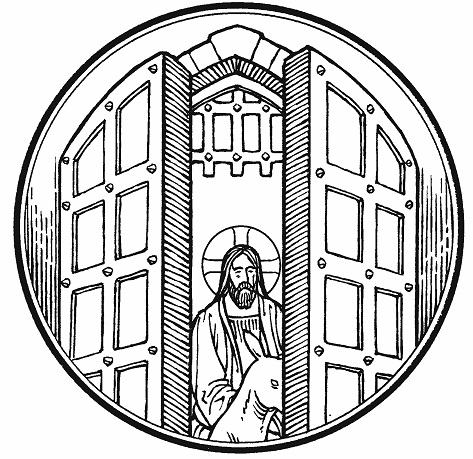Category: Advent
-

The Nativity of our Lord
Readings: Exodus 40:17-21, 34-38 | Titus 3:4-7 | John 1:1-14 Text: John 1:1-14 The Word became flesh and dwelt among us. Those few words describe the most important event in all creation. You would think that the universe being created out of nothing by the Lord simply speaking His Word would, by default, be the…
-

Eve of the Nativity of Our Lord
Text: Titus 2:11-14 11 For the grace of God has appeared, bringing salvation for all people, 12 training us to renounce ungodliness and worldly passions, and to live self-controlled, upright, and godly lives in the present age, 13 waiting for our blessed hope, the appearing of the glory of our great God and Savior Jesus Christ, 14 who gave…
-
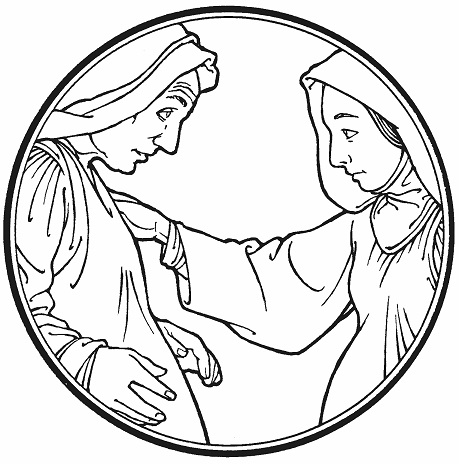
Fourth Sunday in Advent
~ Rorate Coeli ~ Readings: Deuteronomy 18:15-19 | Philippians 4:4-7 | Luke 1:39-56 Text: Luke 1:38-46 Pastor Dan Voth, edits by Pastor Miller The Gospel for today is set about 9 months prior to the birth of Jesus. Gabriel is perhaps not gone very long. Mary, though betrothed to Joseph, would still be living at…
-
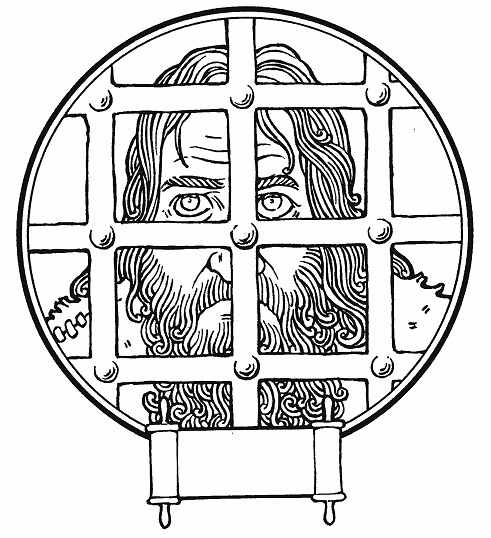
Third Sunday in Advent
~ Gaudete ~ Readings: Isaiah 40:1-11 | 1 Corinthians 4:1-5 | Matthew 11:2-11 Text: Matthew 11:2-11 We hear from the Epistle to the Hebrews, “In many and various ways, God spoke to His people of old by the prophets, but now in these last days, He has spoken to us by His Son.”[1] But what…
-
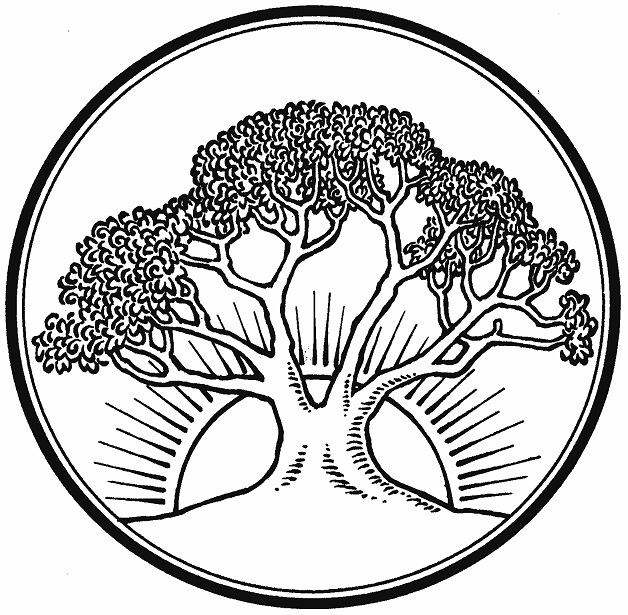
Second Sunday in Advent
~ Populus Zion ~ Readings: Malachi 4:1-6 | Romans 15:4-13 | Luke 21:25-36 Text: Luke 21:25-36 Let’s be honest, the things described in the end times are scary! They make even the worst terrorist attack seem like a hiccup, because it’s not just going to be in one city or a few cities. It’s going…
-

The Feast of the Nativity of Our Lord
Readings: Exodus 40:17-21, 34-38 | Titus 3:4-7 | John 1:1-18 Text: Exodus 40:17-21, 34-38 Focus: The difference between the tabernacle erected by men’s hands (even according to God’s command) is far surpassed by the tabernacle not made with hands by which the Word became flesh and tabernacled among us. Function: That my hearers would better…
-

The Eve of the Nativity of Our Lord
~ A Service of Lessons & Carols ~ Readings: Genesis 3:8-24 | Isaiah 7:10-14 | Luke 1:26-38 | Matthew 1:18-25 | Luke 2:1-20 Text: Luke 2:1-14 You’ve no doubt heard it at least once so far, and maybe several times today: Merry Christmas! Merriam Webster declared the Word of the Year—the most looked-up word of…
-
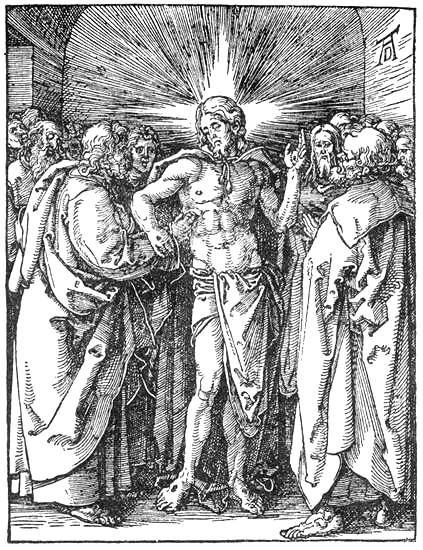
Commemoration of St. Thomas
Readings: Ephesians 4:7, 11-16 | John 20:24-29 Text: John 20:24-29 Who was St. Thomas and why is he remembered? Thomas was one of the apostles. In the lists of the Apostles in the Synoptic Gospels (Matthew, Mark, Luke), Thomas is paired with Matthew, so perhaps when they were sent out in twos (Matthew 10:5-6), they…
-
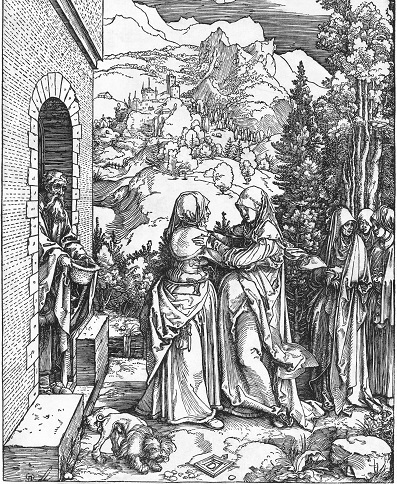
Fourth Sunday in Advent
~ Rorate Coeli ~ Readings: Deuteronomy 18:15-19 | Philippians 4:4-7 | Luke 1:39-56 Text: Philippians 4:4-7 “The Lord is at Hand For You” Intro: It formed the theme for last Sunday, and now here it is again: Rejoice in the Lord always. Today focuses heavily on the reason for rejoicing in all circumstances: The Lord…
